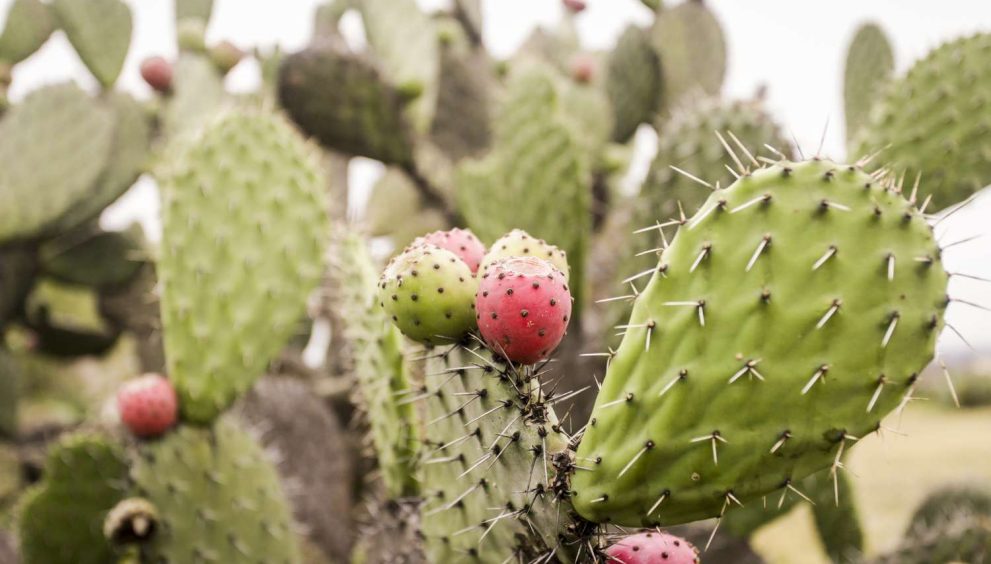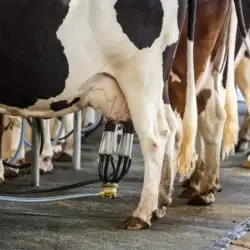In a groundbreaking move, Namibia is poised to become the first country globally to generate carbon credits through nopal cactus farming, thanks to the pioneering efforts of Nopal Renewable Energy Corporation.
The company is making a significant investment of N$1.8 billion in a large-scale nopal cactus farm in Maltahöhe, aiming to position Namibia at the forefront of carbon sequestration through agriculture. This ambitious project seeks to transform Namibia’s arid lands into productive sites for carbon sequestration and bioenergy.
The trial phase of the project commenced in June 2024, with a 500-hectare farm that has already secured environmental clearance and begun operations earlier this year.
Stephen McNeill, a partner at Nopal Renewable Energy Corporation, shared insights into the project’s progress. “We have secured certification from CERTIS, an international accreditation body under KIMA, validating our carbon removal methodology,” McNeill explained. “We’re the first company in the world to create a carbon removal credit methodology using cactus.”
Despite this milestone, McNeill noted that the credits are not yet listed on major registries like Verra or Gold Standard, as large-scale fields are still under development. “Once fully operational, the project aims to provide verifiable carbon sequestration solutions, positioning Namibia as a leader in sustainable, agriculture-driven carbon offset initiatives,” he said.
Previous attempts by other companies to claim carbon credits from cactus farming failed because the cacti were cultivated for food rather than carbon sequestration. Nopal Renewable Energy Corporation is exclusively planting cacti for carbon offset purposes, making them eligible for certification under international carbon markets.
“It’s all about credibility and transparency,” McNeill emphasized. “The certifying body measures the carbon stored in the soil and plants, then reassesses after a year to determine the net increase, which forms the basis for carbon credit claims.”
The company is collaborating with the Integrity Council for the Voluntary Carbon Market to align its operations with emerging global standards. McNeill highlighted that Nopal is ready to supply credits once an off-taker commits to purchasing them. “If a company approached us today needing 500,000 carbon credits by 2030, we could map out how much land to cultivate and when we could deliver. By year three or four, we would be in a position to supply significant volumes, as the cacti need time to grow to a certain size,” he said.
The estimated cost to cultivate between 500 and 1,000 hectares is around US$5 million, depending on land, labor, and transportation costs. The company is currently assessing various locations to determine feasibility and cost-effectiveness.
By 2027, Nopal aims to expand its operations to 5,000 hectares, with plans to reach 17,500 hectares by 2028. The company’s goal is to establish Namibia as a leader in sustainable carbon farming and bioenergy production, setting a precedent for similar projects worldwide.




